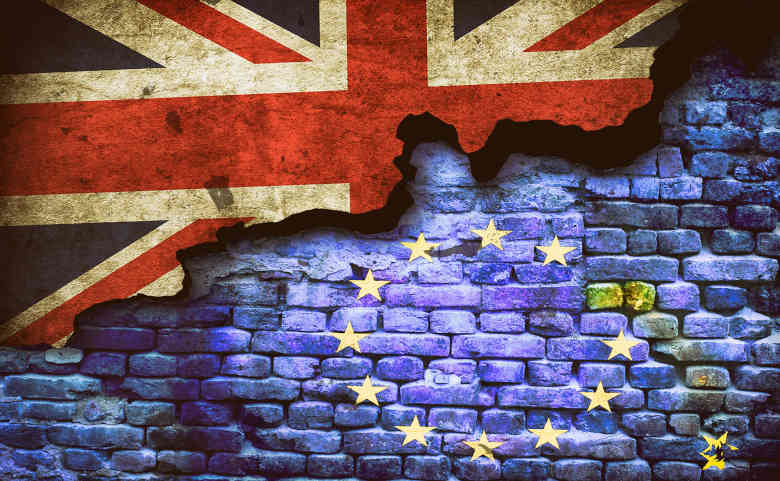The Telegraph, May 23, Roger Bootle
There are few subjects that better reveal your understanding of basic economics, or the lack of it, than international trading arrangements. We saw this during the endless debates about Brexit. Now many of the same confusions and misunderstandings are re-emerging as we come close to signing a Free Trade Agreement (FTA) with Australia.
Although I was a firm supporter of Brexit, I never pretended that it was some sort of magic wand. Rather, it presented a series of challenges and opportunities and everything would depend upon how we responded to these. The two primary areas where we could benefit economically lay in fashioning a new set of regulations appropriate for the British economy and developing our own trade policy, thereby escaping from the European Union’s protectionism and leading to freer trade with the world as a whole.
On both counts, so far Brexit has been underwhelming. Partly because we have been anxious to try to cosy up to the EU in the hope of securing a good deal for our financial services industry, and partly because we have not wanted to make current difficulties in Northern Ireland greater by forging a different regulatory regime, so far our benefits from having regulatory freedom have been meagre.
On trade policy perhaps the picture is a little better. We have negotiated continued tariff-free and quota-free trade with the EU; we have managed to roll over 35 trade deals covering 66 countries that formerly had such agreements with the European Union; and the new UK Global Tariff regime is both simpler than the EU’s Common External Tariff and imposes a lower average tariff rate. Even so, these achievements fall far short of the ambitions of most Brexiteers.
Click here to read the piece in full.

